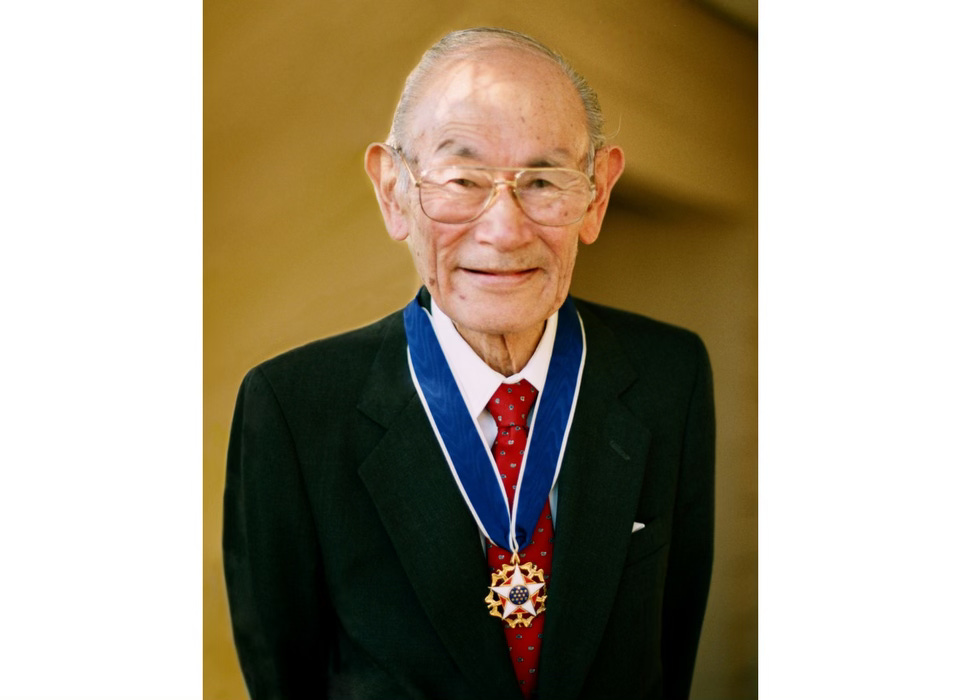Jan 30 2025 6 mins 2
This Day in Legal History: Fred Korematsu Day of Civil Liberties and the Constitution
On January 30, several U.S. states recognize Fred Korematsu Day of Civil Liberties and the Constitution, honoring the Japanese American civil rights activist who fought against the internment of Japanese Americans during World War II. Korematsu was arrested in 1942 for refusing to comply with Executive Order 9066, which mandated the forced relocation and incarceration of Japanese Americans in internment camps. His legal challenge led to the Supreme Court case Korematsu v. United States (1944), in which the Court upheld the internment as a wartime necessity. Decades later, in 1983, new evidence revealed that the U.S. government had withheld critical information from the Court, and Korematsu's conviction was overturned in a federal court ruling. Although the Supreme Court's original decision was never formally overturned, it has been widely condemned and was explicitly discredited in Trump v. Hawaii (2018).
Korematsu spent the rest of his life advocating for civil rights, receiving the Presidential Medal of Freedom in 1998. His legacy serves as a reminder of the dangers of racial discrimination and unchecked government power. California was the first state to recognize Fred Korematsu Day in 2010, with other states following in later years. The day is used to promote awareness of civil liberties, constitutional rights, and the impact of past injustices. Schools, libraries, and civic organizations hold educational programs to highlight the importance of vigilance against government overreach. The Korematsu Institute continues his work by advocating for civil rights education. His story is a crucial part of American legal history, reminding the nation that constitutional rights must be protected for all.
Former EEOC Chair Charlotte Burrows, fired by Donald Trump, has retained high-profile attorneys Lisa Banks and Debra Katz to explore legal options. No president has previously fired an EEOC commissioner, and Trump's actions also removed another Democratic member, Jocelyn Samuels, leaving the agency without a quorum. Samuels and Burrows claim they were dismissed due to their views on sex discrimination and diversity initiatives, which Trump opposes. Banks and Katz, known for representing Christine Blasey Ford in Brett Kavanaugh’s confirmation hearings, have criticized the firings as a political attack. Their firm is also consulting with other government officials dismissed by Trump. The EEOC terminations coincide with broader efforts by Trump to reshape federal agencies, including purging officials from the National Labor Relations Board. Samuels, like Burrows, is considering legal action, but specific claims have not yet been disclosed.
EEOC commissioner fired by Trump hires Kavanaugh accuser's lawyers | Reuters
The Trump administration reversed its decision to freeze hundreds of billions in federal aid after facing legal challenges and bipartisan opposition. The White House had initially paused grant and loan payments, citing a need to review spending on programs Trump opposes, such as diversity initiatives and green energy. However, as lawsuits progressed, officials rescinded the order, likely to avoid a court ruling against them. A federal judge in Rhode Island still held a hearing on the case, indicating concerns over the freeze’s impact. Despite the reversal, Trump vowed to continue cutting funding for initiatives he disapproves of.
The failed freeze was part of broader efforts by Trump to reshape the government, including removing security protections for a former military official and preparing Guantanamo Bay for detained migrants. His administration also revoked diversity programs in the military and pushed through controversial cabinet appointments, including a defense secretary accused of misconduct. While some Republicans defended the spending freeze as a fiscal responsibility measure, bipartisan lawmakers criticized the confusion and harm it caused. Payments for medical services resumed, but housing assistance remained disrupted. Congress members overseeing federal budgets welcomed the reversal, calling the freeze overreaching and chaotic.
White House revokes spending freeze in the face of legal challenges | Reuters
Trump’s firing of National Labor Relations Board (NLRB) member Gwynne Wilcox is expected to spark a major legal battle over the president’s authority to remove independent agency officials. Federal labor law permits removal of NLRB members only for neglect or malfeasance, and legal scholars widely agree that Trump’s move violates existing precedent. The administration is likely using the case as a test to challenge the Supreme Court’s 1935 ruling in Humphrey’s Executor v. United States, which upheld limits on presidential removal powers for multi-member commissions.
Trump’s legal justification relies on the Court’s 2020 decision in Seila Law LLC v. CFPB, which invalidated removal protections for the director of the Consumer Financial Protection Bureau (CFPB), arguing that NLRB members do not qualify for exceptions to presidential removal power. However, experts argue that Seila Law was meant to carve out, not overturn, Humphrey’s Executor. The Supreme Court has recently expanded presidential removal authority, as seen in Collins v. Yellen (2021) concerning the Federal Housing Finance Agency (FHFA). It has also struck down dual-layer removal protections, as in Free Enterprise Fund v. PCAOB.
Wilcox has vowed legal action, and her removal could also be challenged by unions affected by the NLRB’s lack of a quorum. If courts adhere to Humphrey’s Executor, Trump’s action may be overturned. However, if the case reaches the Supreme Court, it could provide an opportunity to further weaken constraints on presidential control over independent agencies.
Trump's Labor Board Firing Sets Up Agency Independence Test Case
This is a public episode. If you’d like to discuss this with other subscribers or get access to bonus episodes, visit www.minimumcomp.com/subscribe
